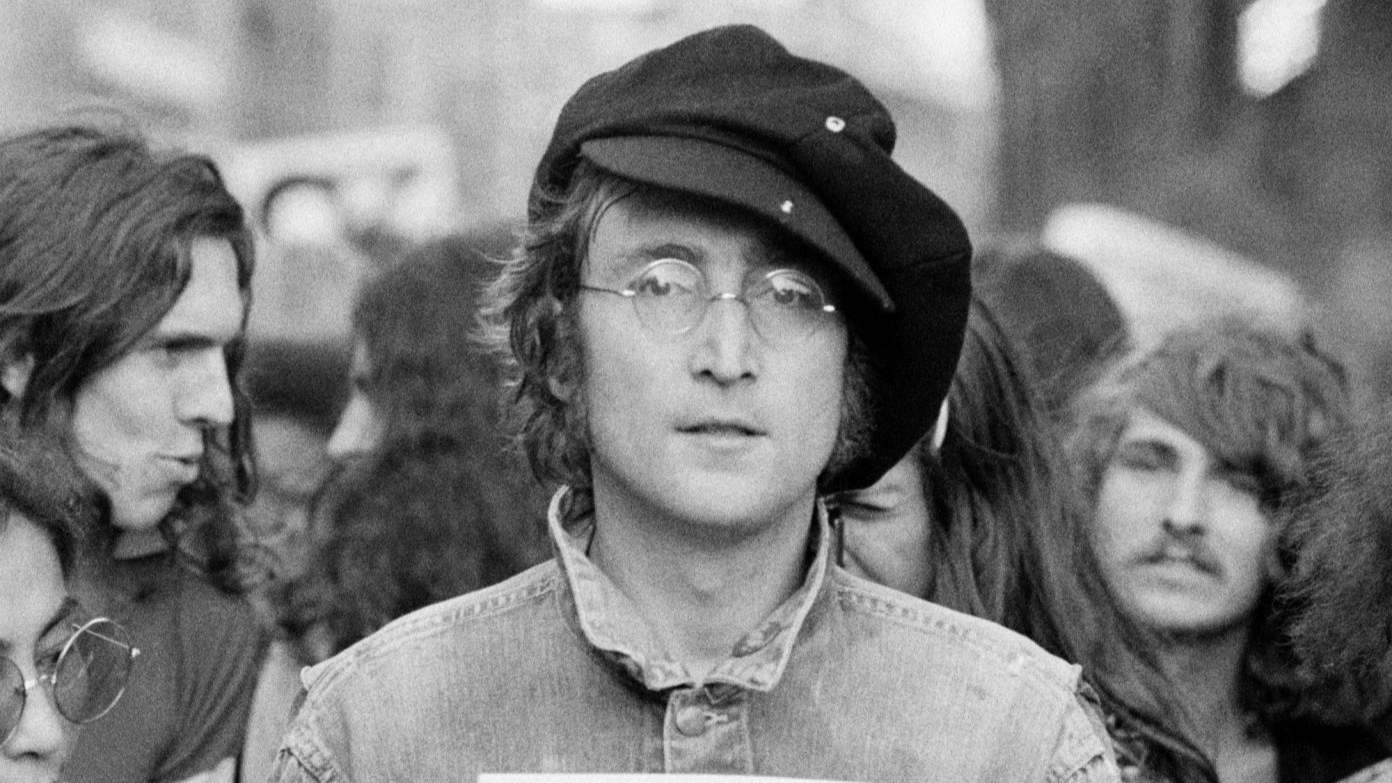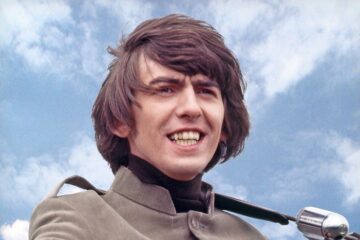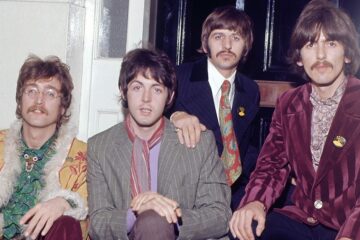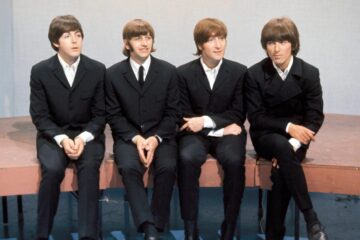Part of the beauty of songwriting is its subjectivity. Although a musician may pen a composition with a specific muse or inspiration in mind, pulling from their own experiences and personality to create something entirely unique, the end result may be interpreted by listeners as something completely different. Once a song is pressed onto vinyl or put onto streaming services, its meaning belongs to audiences just as much as it does to the songwriter, and few songs have been interpreted and analysed more closely than The Beatles’.
The Fab Four’s songs tended to perfectly walk the line between the personal and the universal. Paul McCartney penned intimate songs about regret and love, but he conveyed those feelings in simple terms in songs like ‘Yesterday’ and ‘And I Love Her’ that distilled those intrinsically human emotions down to their purest form. Meanwhile, his songwriting partner John Lennon pushed into realms of peace and togetherness, inviting us to ‘Come Together’ and, later, ‘Imagine’.
One of Lennon’s most well-known and well-loved contributions to the band was 1967’s ‘Strawberry Fields Forever’, which appeared on their iconic album Sgt. Pepper’s Lonely Hearts Club Band. The track required a little more lyrical investigation than the aforementioned tracks. “Let me take you down,” Lennon sang in the opening lines, “‘cause I’m going to strawberry fields, nothing is real.”
The song has been picked apart by countless Beatlemaniacs over the decades, who have pulled out potential themes such as childhood and psychedelia. In the second verse, Lennon sings a particularly intriguing line that could be open to interpretation. “No one I think is in my tree,” he declares, “I mean, it must be high or low.” It’s a strangely phrased line that provides listeners with a glimpse into Lennon’s self-image.
If you’d rather hear the meaning of the line directly from the source rather than picking it apart yourself, you’re in luck. Lennon addressed the line in a 1980 interview included in All We Are Saying: The Last Major Interview with John Lennon and Yoko Ono. “What I’m saying,” he explained, “In my insecure way, is ‘Nobody seems to understand where I’m coming from. I seem to see things in a different way from most people.’”
This initial explanation makes Lennon sound a little conceited, placing himself in a tree above everyone else, but the Beatle maintained that it was not an egotistical line. He explained how he felt the “stupidity or surfaceness” of interactions and suggested that he could pick up things in ways that other people couldn’t.
Lennon also maintained that this feeling he had wasn’t necessarily good or bad – hence the line, “It must be high or low.” The Beatle knew that he was alone in this feeling and in his ability to “see and hear differently from other people” he just hadn’t yet worked out if this was a positive or negative asset. “It doesn’t make me better or worse than anybody else,” he stated.
The line fits beautifully into the song, as Lennon addresses his perception of himself amidst images of playing in strawberry fields as a child. It juxtaposes and compares his younger self with his adult life, muddying any clarity between psychedelic imagery and rose-tinted fruit. But the line is certainly still open to interpretation, and even Lennon’s insistence that it’s free of ego might still attract some contention.




